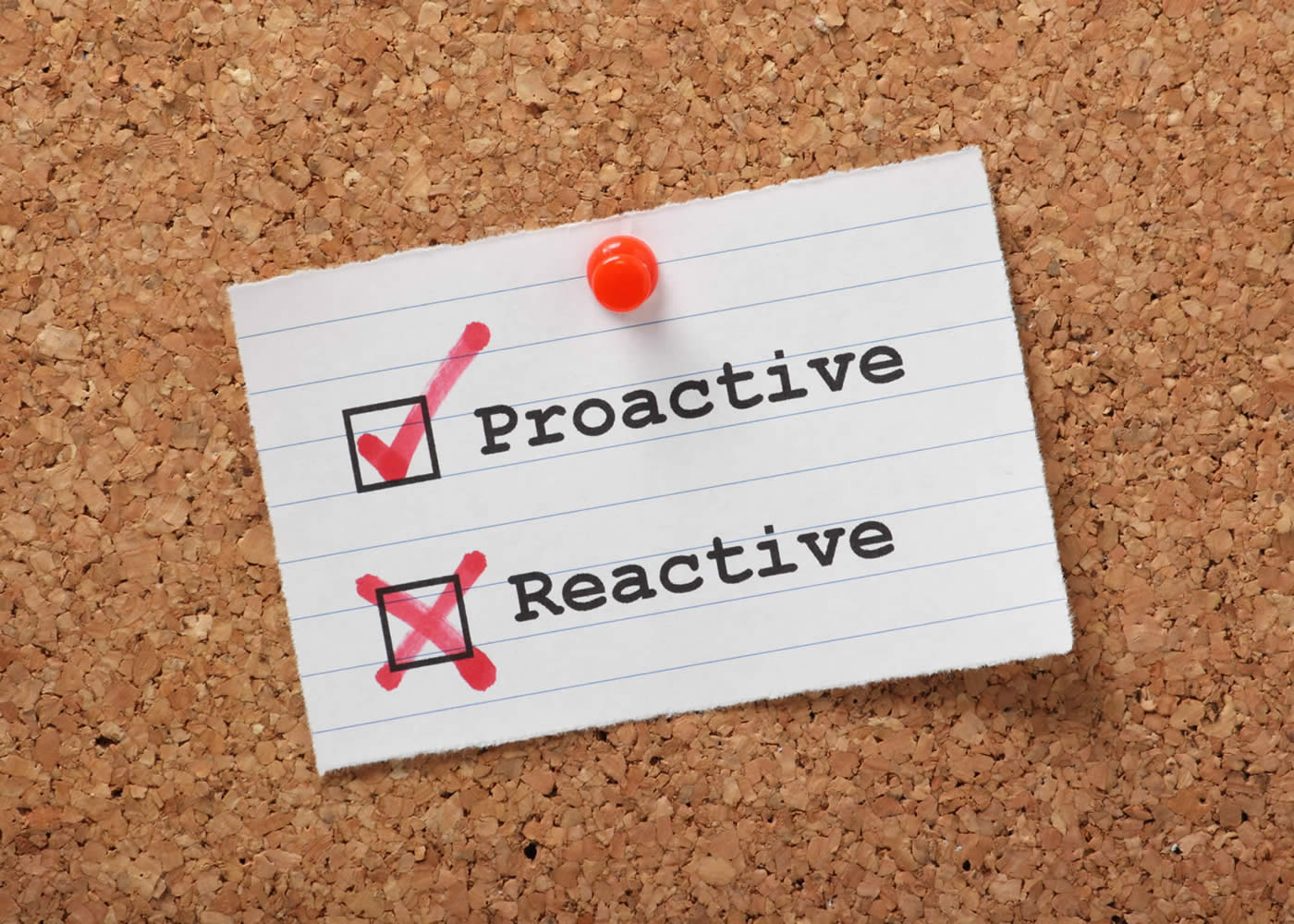Leading the Transition from Reactive to Proactive Compliance

In this Q&A, Stephanie discusses current shifts in compliance, key challenges when creating culture change, and what attendees will gain from attending her session.
How is the way EHS approaches compliance changing?
The management of EHS has made substantial leaps towards more proactive compliance. Many EHS leaders are moving away from a command-and-control approach to one that is built on psychological safety and trust. These are also leading indicators that empower the workforce and lead to sustainable change and improved operations.
What key challenges are emerging from this transition?
A common challenge when transitioning to a proactive compliance culture is obtaining senior level buy-in and support for the culture change and the change management it requires. This includes technology upgrades, leadership training, metrics, and communication.
What are you looking forward to most about your FORUM24 session?
Hearing the perspectives of EHS leaders who have extensive and diverse industry experience on how to successfully implement innovative, proactive solutions.
What will people who attend your session walk away with?
- New views on how to achieve EHS compliance and how this will improve your organization’s culture
- What leading indicators organizations are using
- The benefits and how to get leadership on-board
- How long a transformation journey may take
- What change management levers can be utilized
- What success looks like
Join Stephanie and other EHS and Sustainability leaders from around the country at FORUM24 to share real-world experiences, proven strategies, and key lessons learned to advance the success of your organization. >> View full program
Related
About the Author

Stephanie Hilton
Stantec Inc.
Stephanie Hilton joined Stantec in April 2024 as a Senior Director of Safety and Health where she is currently the global account director for their Cisco EHS account manager.
Prior to joining Stantec, she has held roles several leadership roles within the utility industry. Stephanie was the Director of Safety and Health at Black Hills Energy, where she transformed the safety focus by executing best in class programs, created an environment of psychological safety and challenged the organization to thinking differently about safety. Under her leadership the organization added a timeliness of reporting as an incentive metric and within the first year, achieved 17% above the utility average and 12% above the book of business and reduced workers’ compensation costs by approximately 33%. Stephanie also spent 19 years at Pacific Gas and Electric Energy (PG&E) where she implemented several enterprise-wide initiatives, such as an independent safety oversight committee, led external Serious Injury and Fatality (SIF) and contractor safety roundtables and developed a safety professional development program.
Stephanie is a leader on serious injury reduction, active in Edison Electric Institute (EEI), and is passionate about implementing human performance and the new view to drive improvements.
In 2022, Stephanie was the American Gas Association (AGA) Safety and Occupational Health and Committee Chair and in 2021 she was the chair of the North Central Electric Association (NCEA) Safety Workshop. She has her master’s degree from Boston University and is a Lean Six Sigma Greenbelt. She currently resides with her husband and three children in Rapid City, SD (but also still considers herself a Northern California native).
Prior to joining Stantec, she has held roles several leadership roles within the utility industry. Stephanie was the Director of Safety and Health at Black Hills Energy, where she transformed the safety focus by executing best in class programs, created an environment of psychological safety and challenged the organization to thinking differently about safety. Under her leadership the organization added a timeliness of reporting as an incentive metric and within the first year, achieved 17% above the utility average and 12% above the book of business and reduced workers’ compensation costs by approximately 33%. Stephanie also spent 19 years at Pacific Gas and Electric Energy (PG&E) where she implemented several enterprise-wide initiatives, such as an independent safety oversight committee, led external Serious Injury and Fatality (SIF) and contractor safety roundtables and developed a safety professional development program.
Stephanie is a leader on serious injury reduction, active in Edison Electric Institute (EEI), and is passionate about implementing human performance and the new view to drive improvements.
In 2022, Stephanie was the American Gas Association (AGA) Safety and Occupational Health and Committee Chair and in 2021 she was the chair of the North Central Electric Association (NCEA) Safety Workshop. She has her master’s degree from Boston University and is a Lean Six Sigma Greenbelt. She currently resides with her husband and three children in Rapid City, SD (but also still considers herself a Northern California native).










